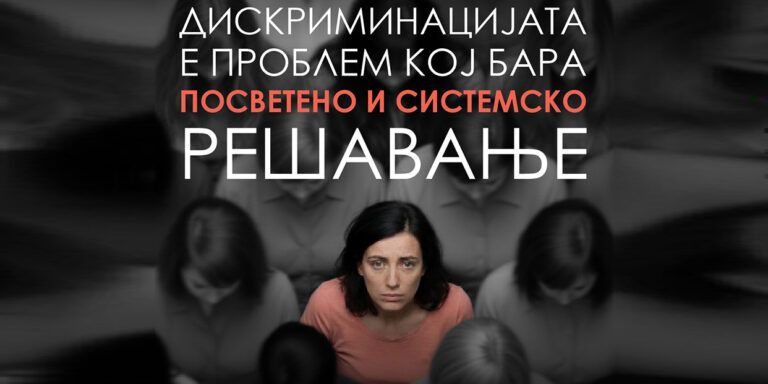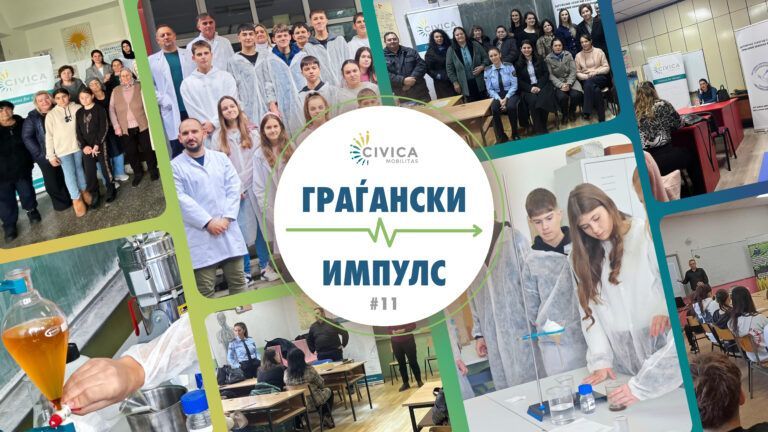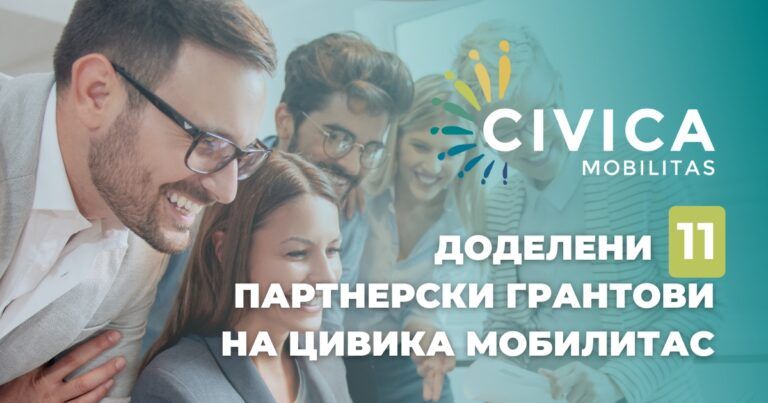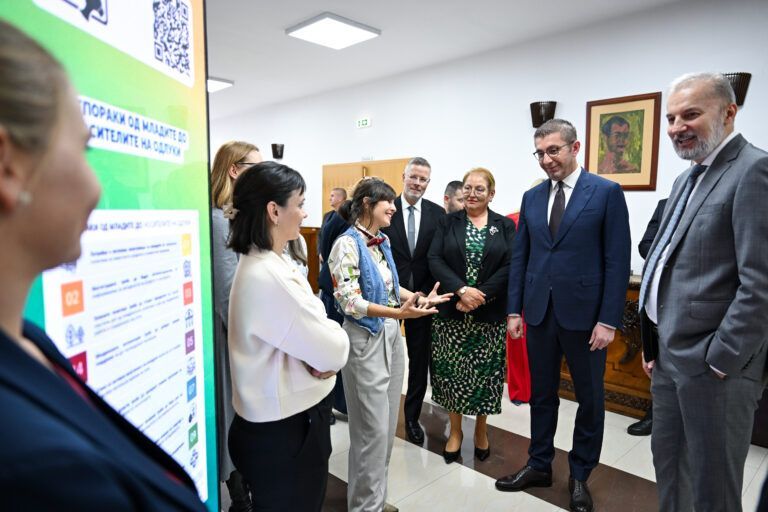Smaller Municipalities Leaders in Transparency: Digital Toos Improve the Trust between Citizens and Local Government
Is the municipality where you live really open to you? The answer to this question is given by the 2025 Transparency Index, which reveals that some of the smaller municipalities are among the best examples of transparency and accountability.
The top of the list is Kriva Palanka (71%), Berovo (69%) and Demir Hisar (68%), while the least transparent are Demir Kapija (8%), Sopishte (10%) and Lozovo (13%). Although there was a 3-percentage point improvement of the average transparent of the municipalities in 2025 (40% in 2025 as opposed to 37% in 2024), it is clear that this is modest transparency and that there are big challenges in achieving it.
These finds were presented by “Metamorphosis” Foundation, Rural Coalition and “Blink 42-21” Center for Social Innovation at the thematic forum “Open Municipality – Active Community”, which took place on 24th September in Skopje, with the support of the Swiss Government via Civica Mobilitas.
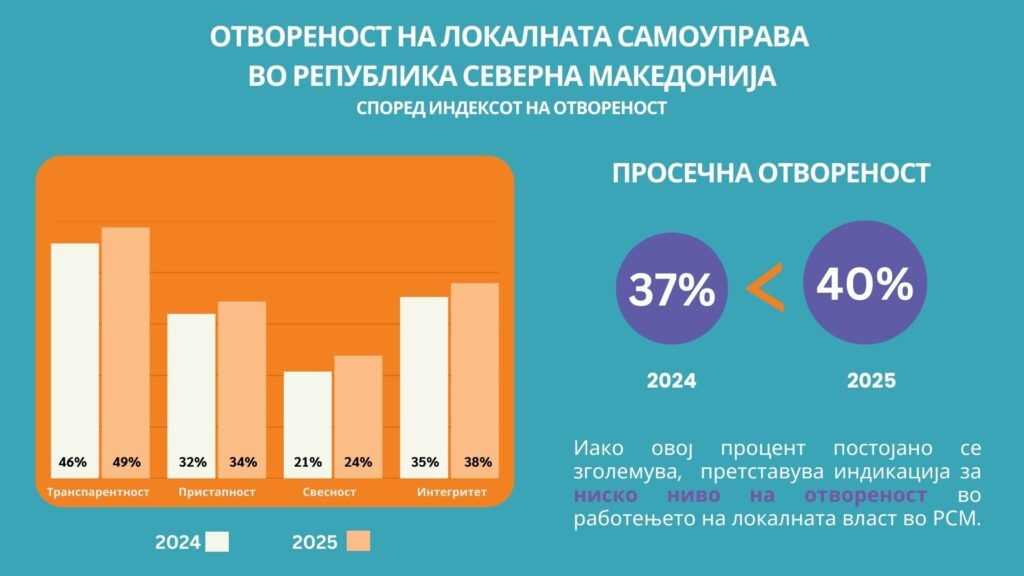
“Improving the trust in the local self -government via transparency is crucial in dealing with corruption at local level”, said Danche Danilovska-Bajdevska, Programme Director of “Metamorphosis” Foundation. She explained that the Transparency Index does not only measure transparency, but also accessibility, consultations with citizens, integrity and efficiency of the local government. “If transparency needs to be increased in order to prevent corruption, we think that this should be done via digital tools and transformation,” she stressed.
The project “Digital Transformation at Local Level (DIGILOC) – Involved Community for Resilience to Corruption”, provided mentorship support to nine municipalities: Kriva Palanka, Kochani, Shtip, Aerodrom, Demir Hisar, Struga, Valandovo, Negotino and Gostivar. The results show that this has led to transparency improvement from 2% to 13%.
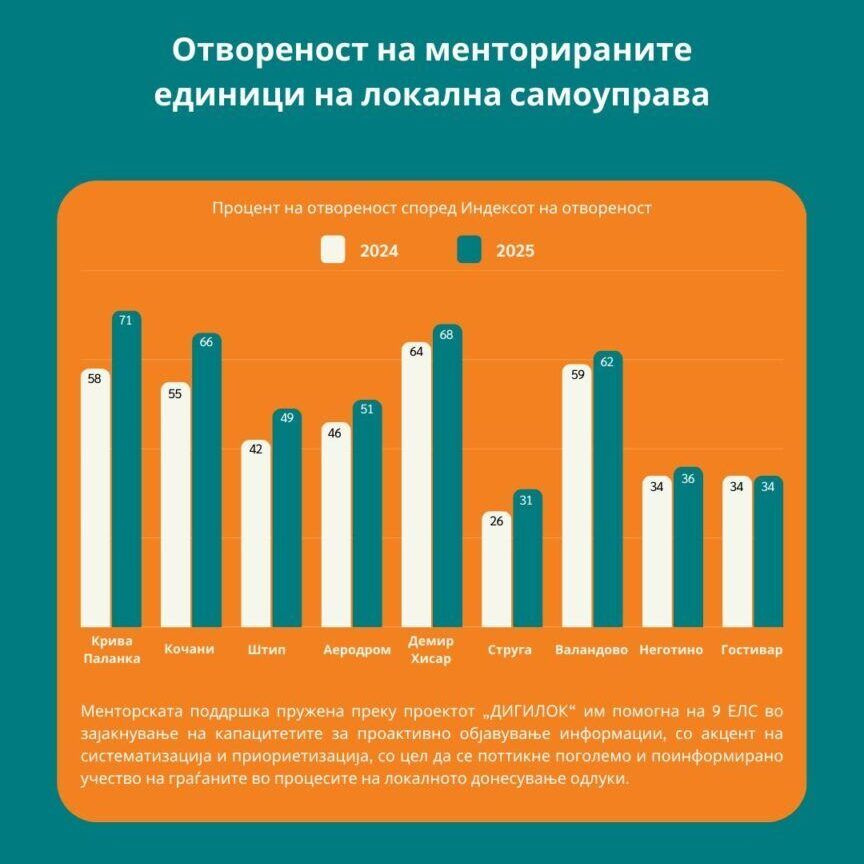
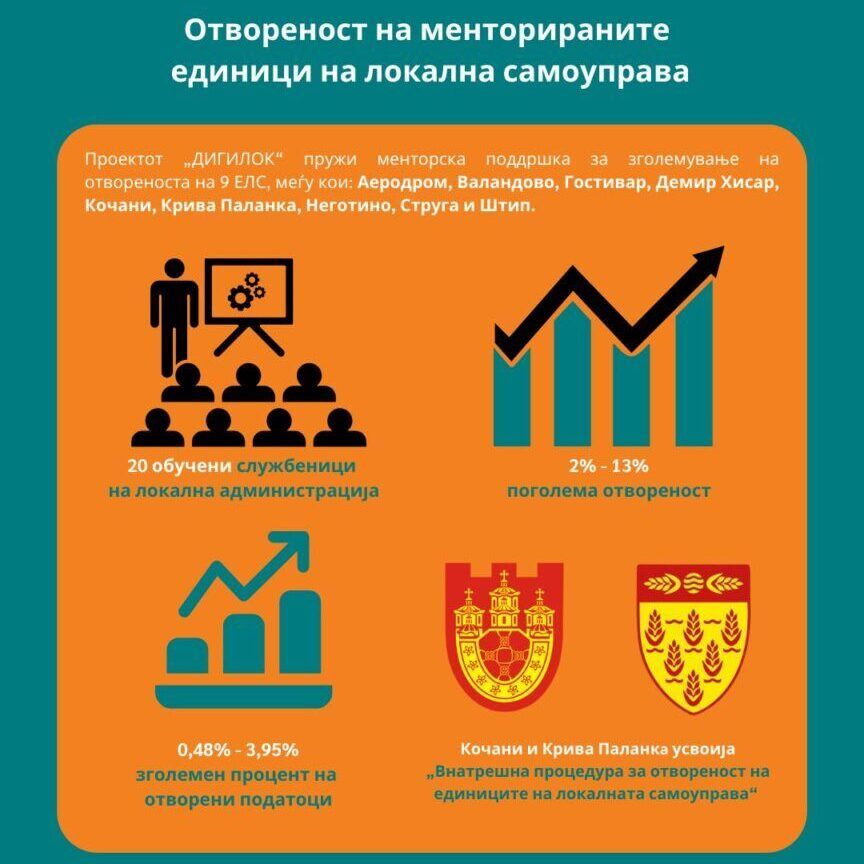
“Within the process of mentorship support we had three to four meetings during one week in January and February 2025, and more than 20 officials were involved. Our goal was to cover one municipality per planning region. We worked with the municipalities that expressed their readiness to be involved in the process, and in the beginning there were eight, while the municipality of Shtip was additionally included, which was a pleasure for us [GJ1]. We are open for all municipalities that want to be included in this process of mentorship support”, stressed Liljana Jonoski, the President of Rural Coalition.
According to her, human resources are a big challenge with most of the municipalities, but it is important how any of them are dedicated, and therefore it is necessary to work on motivation, improvement of internal coordination and communication, and especially on the awareness.
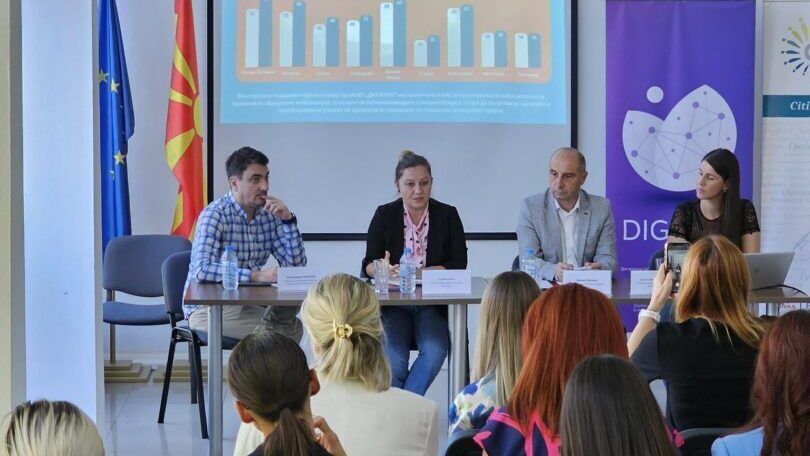
The 2025 Index shows that transparency does not depend on the size of the municipality, but on the dedication and initiative of the local administration. The highest marks this year went to Kochani and Kriva Palanka, while Demir Kapija had the lowest rank, as it was without a functional website during the monitoring period. The results, compared to 2024, show that there is a small progress in the transparency of the municipalities, but it also clearly indicates the need of continuous work and cooperation.
“We have established a monthly practice to make it visible how every denar of the municipal account is spent. We organize public debates, consultations, forums for citizens to directly participate in decision making, meetings at which the citizens are acquainted with the planned projects, and we also have electronic communication via which the citizens can directly convey their problems and remarks”, says Zvonko Pekevski, Mayor of the Municipality of Berovo, one of the three most transparent municipalities.
“There is no point to talk about other technologies such as artificial intelligence, when the municipalities face most basic problems, such as Internet access, more modern equipment, etc. We cannot achieve increasing the trust only by publishing on-line campaigns in the media. As long as we do not go to the field, we do not visit the municipality, we do not open face to face dialogue and we do not hear the opinions of citizens directly, holding a thematic forum and this discussion is in vain”, says Aleksandar Jovanovski, Project Coordinator of the “Blink 42-21” Center for Social Innovations.
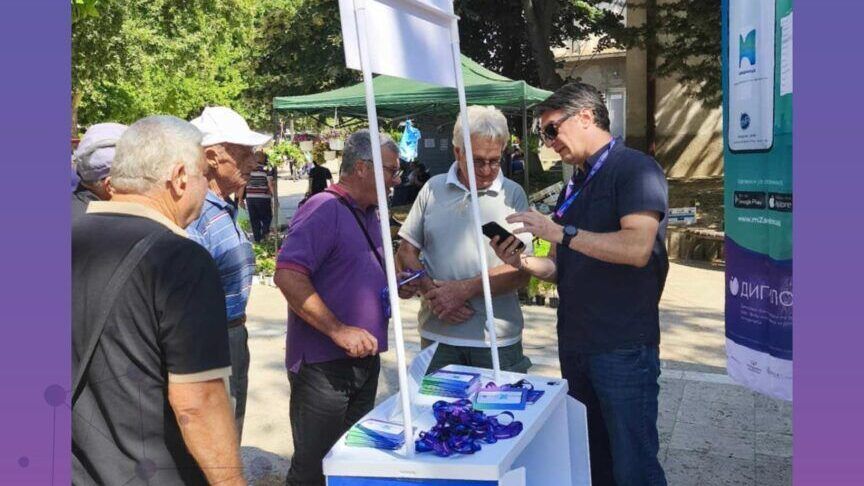
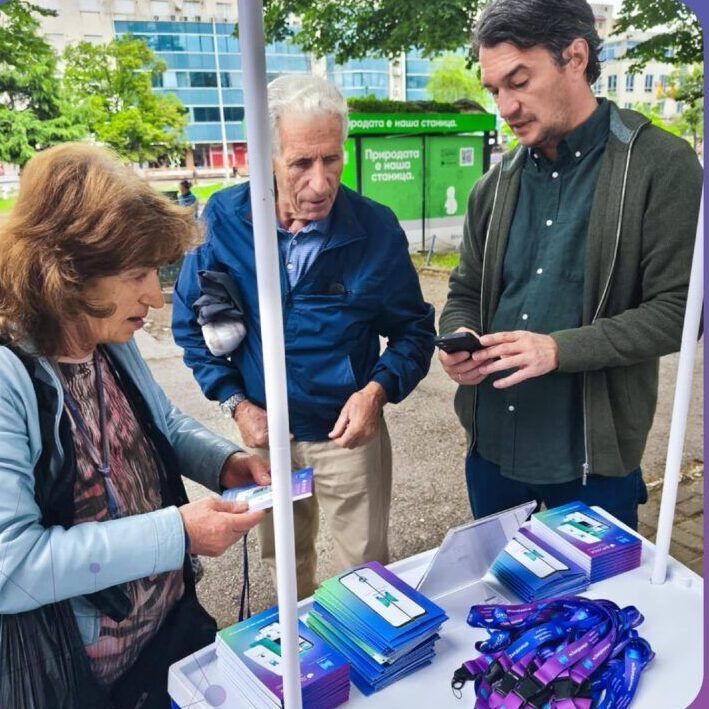
One of the strongest instruments to increase the transparency is the digital platform “mCommunity”. Started as a pilot project in 2018 in the Municipality of Karposh, today it functions in 11 municipalities, including Valandovo, Aerodrom, Demir Hisar, Struga and others. This multifunctional platform enables the citizens to digitalise all public services (subsidies, scholarship applications, requests for social welfare, etc.).
Via “mCommunity” the citizens have sent mostly questions related to municipal infrastructure (23%), parks and greenery (17%), public lighting (13%), as well as waste and hygiene. This communication channel enables that the remarks are directly received by the people in charge at the municipal offices, shortens the time of communication and increases the chances for solving problems.
A good example is the Municipality of Karposh, where the number of registered users is more than 7,000 or more than 10% of the inhabitants, and the application enables easier access to municipal offices, especially via mobile phones. In the Municipality of Valandovo, the citizens use “mCommunity” to report problems, proposals and to apply for subsidies, as well as to participate in the creation of the annual budget. So far, there have been around 30 reports on infrastructural problems, 20 proposed ideas and more than 150 applications following calls for subsidies. The Municipality of Aerodrom, on the other hand, has more than 2,500 proposals and reports, most often concerning public areas, greenery maintenance, public lighting, infrastructural problems and proposals for trafiic improvements.
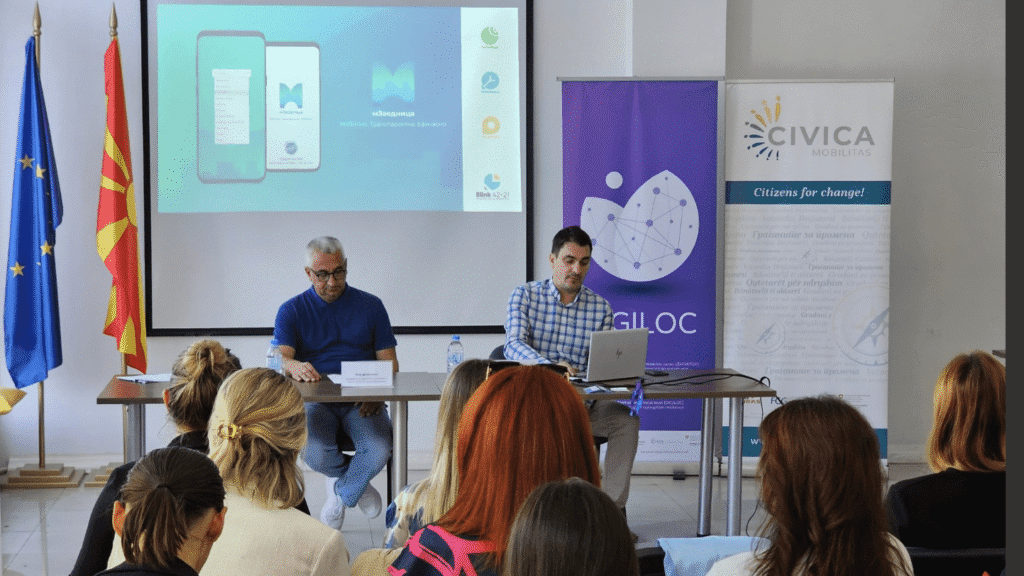
From this year, the citizens of Struga, Demir Hisar and Negotino also have access to “mCommunity”. Igor Damjanovski, head of the human resources department at the Municipality of Demir Hisar and a beneficiary of mCommunity, stressed that “digitalization of the municipalities if a crucial priority, which proved to be of special importance in the Covid-19 period”. By joining the mCommunity, the Municipality of Demir Hisar enabled the citizens to contribute to a better community, be part of the activities of the municipality and establish a two-way communication with the municipality. The citizens of the Municipality of Demir Hisar have created 30 profiles so far and they have submitted around 10 proposals on infrastructural and communal problems. The mCommunity tool makes it not only easier for the citizens to obtain services, but also for the administration to deliver them.
“We are very happy that with only one year and only one cycle of mentoring we could see that those municipalities that are part of mCommunity show better results. The biggest achievements of the project supported by Civica Mobilitas are public consultations and surveys. Every officer in charge of this issue in the municipality can create a survey on any issue of public interest.
We should be aware of the cost for developing this technology. Thanks to the project, we give “mCommunity” to the municipalities to use it free of charge. These technologies cost and should be maintained, updated, and ne functionalities should be added, in order to make the work of the officers easier. And I think that we are not fully aware that such a type of tool is being served to the municipalities, and it generates data in real time”, adds Jovanovski.
The forum “Open Municipality – Active Community” was a platform for open dialogues among the citizens, institutions and civil sector, where the challenges and solutions were heard, but there was also a message that the awareness on transparency is not a process that ends with a single activity, but it is rather a continuous effort. In order to build trust, increase the accountability and decrease corruption at local level, one needs cooperation, digitalization and direct communication. The “mCommunity” tool is an example how technology can enable this change, bring the citizens closer to institutions and create conditions for a more open, more responsible and more inclusive local governance.


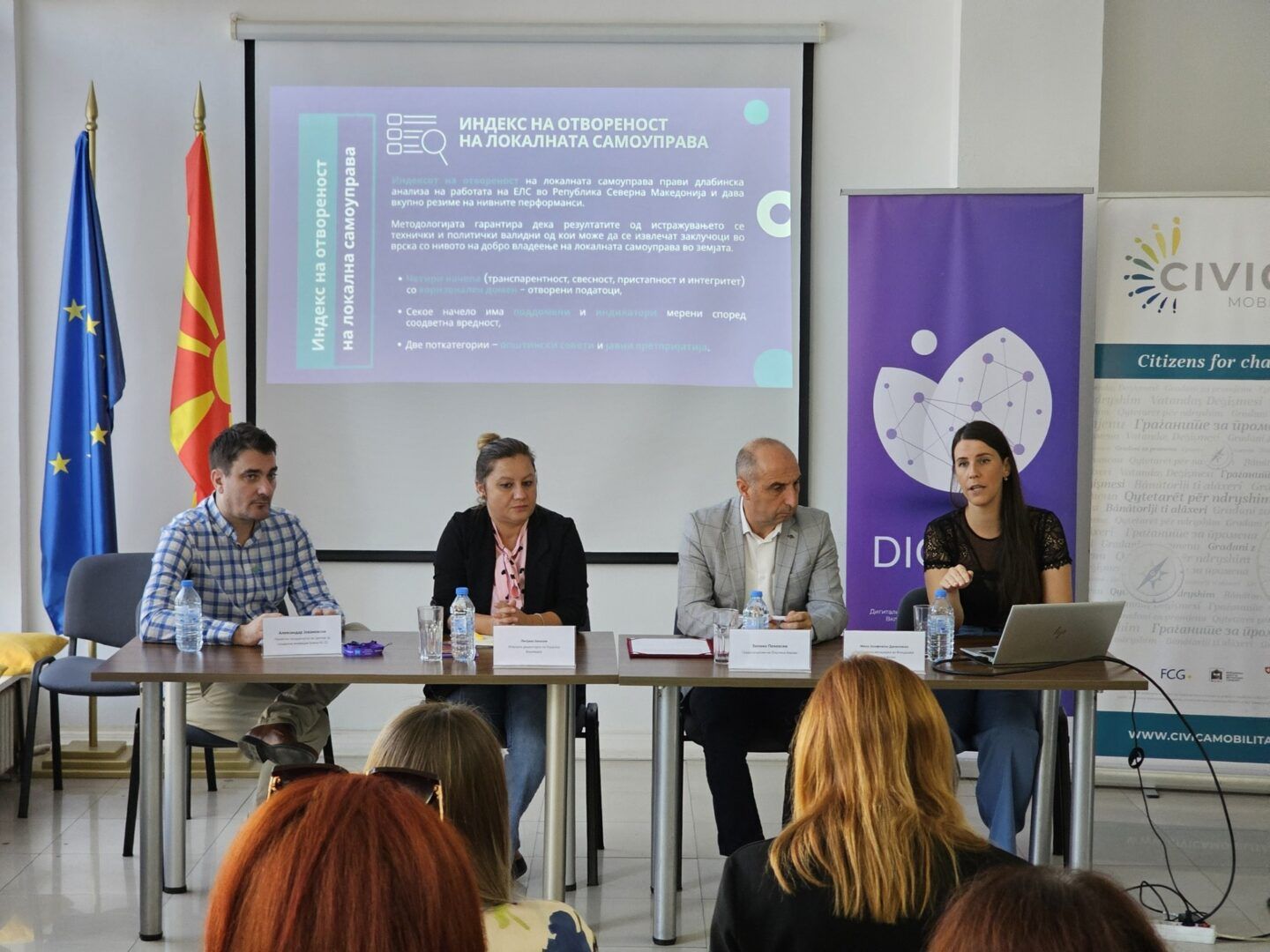
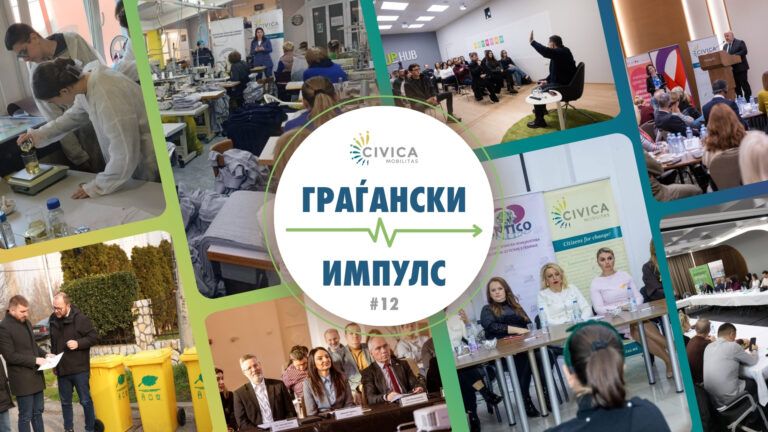
![Sre]ni praznici(2)](https://civicamobilitas.mk/wp-content/uploads/2025/12/sreni-praznici2-768x432.jpg)
